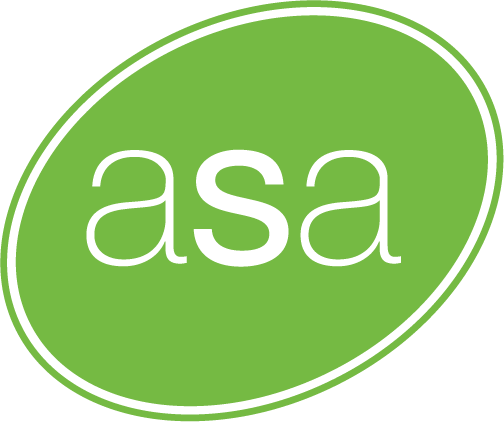Tuesday, 27 May 2025
New RANZCOG Guideline highlighting the importance of ultrasound for Endometriosis diagnosis and treatment
This month, the Royal Australian and New Zealand College of Obstetricians and Gynaecologists (RANZCOG) released a new ‘living guideline’ on Endometriosis, now recommending transvaginal ultrasound as the first-line diagnostic tool.
The new guideline aims to improve consistency of care for people living with endometriosis, and will reduce reliance on invasive laparoscopic surgery, which had been the gold standard in endometriosis detection and diagnosis for decades. Instead, these evidence-based guidelines prioritise less invasive medical imaging techniques to facilitate earlier diagnosis and treatment of endometriosis and ultimately reduce the pain and cost for the 1 in 7 Australians currently affected by the disease.
Clinicians are now advised to offer people with endometriosis symptoms:
-
a transvaginal pelvic ultrasound as the first-line investigation
-
if ultrasound is not available, or deep endometriosis is suspected, a pelvic MRI
-
If transvaginal ultrasound is not possible and MRI is not available, a transabdominal ultrasound can be offered
-
Surgery is not required as a first-line option to diagnose endometriosis.
The Guideline also suggests that specialist ultrasound scans and pelvic MRIs are performed and interpreted by healthcare professionals with specialist expertise in gynaecological imaging.
View the flowchart summarising the recommended approach to diagnosis and management of endometriosis
Flowchart for Endometriosis diagnosis 2025
This new focus on less invasive diagnostic imaging techniques reflects a global shift, highlighting the evolving capabilities and importance of ultrasound technology in health care and the critical role that sonographers play as specialists in this field.
You might remember that earlier this year, as part of the 2025-26 Budget the Commonwealth Government announced a new MBS item will be introduced from 1 November 2025 to cover advanced ultrasound diagnostics for endometriosis. Continuing strong advocacy on this issue, the ASA is currently providing feedback to the Department of Health about the wording of this item and continue to advocate for funding that properly reflects the true complexity, time and expertise required for thorough examination and assessment.
If you are interested in boosting your skills in endometriosis detection, the upcoming ASA2025 Melbourne Conference (13-15 June) will host multiple workshops and dedicated plenary sessions, conducted by experts in this field.
View the ASA2025 Conference Program
The new RANZCOG guideline and a range of useful resources are available here:
